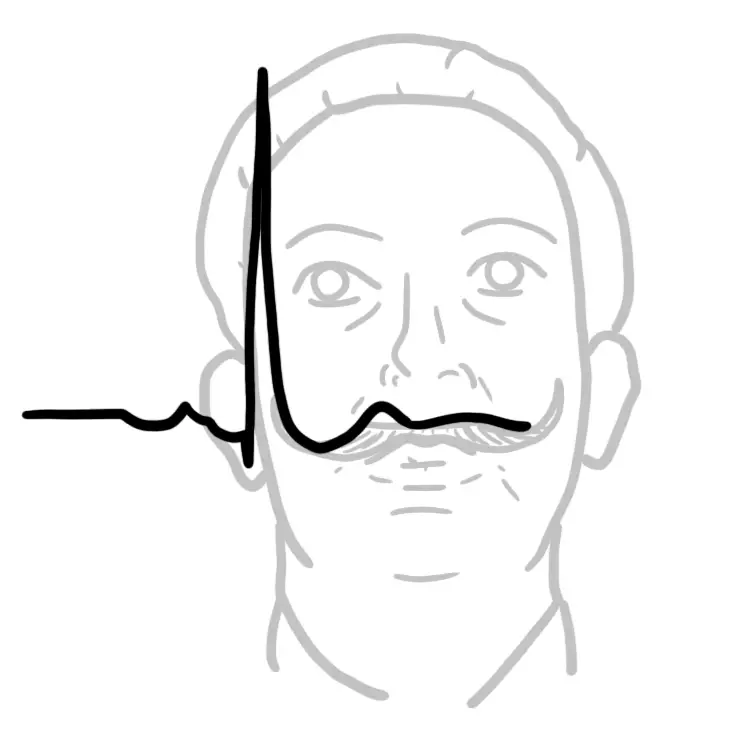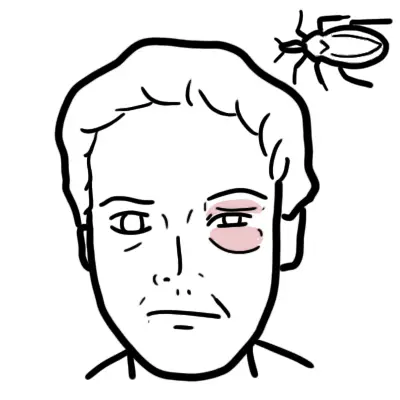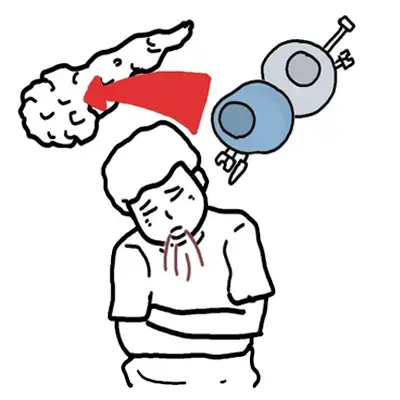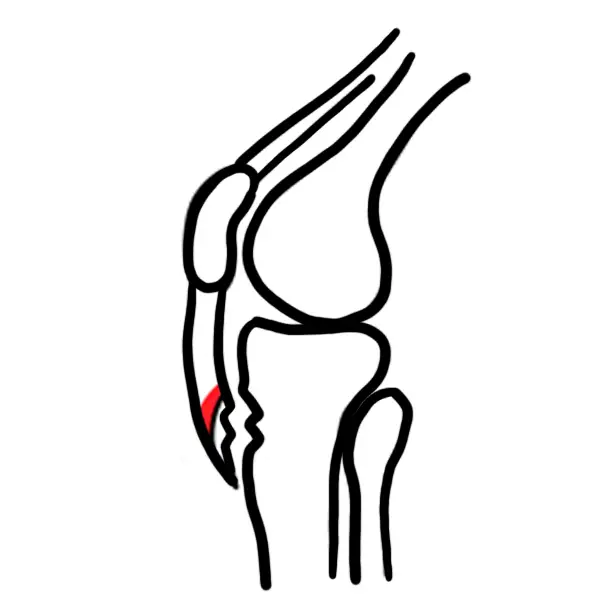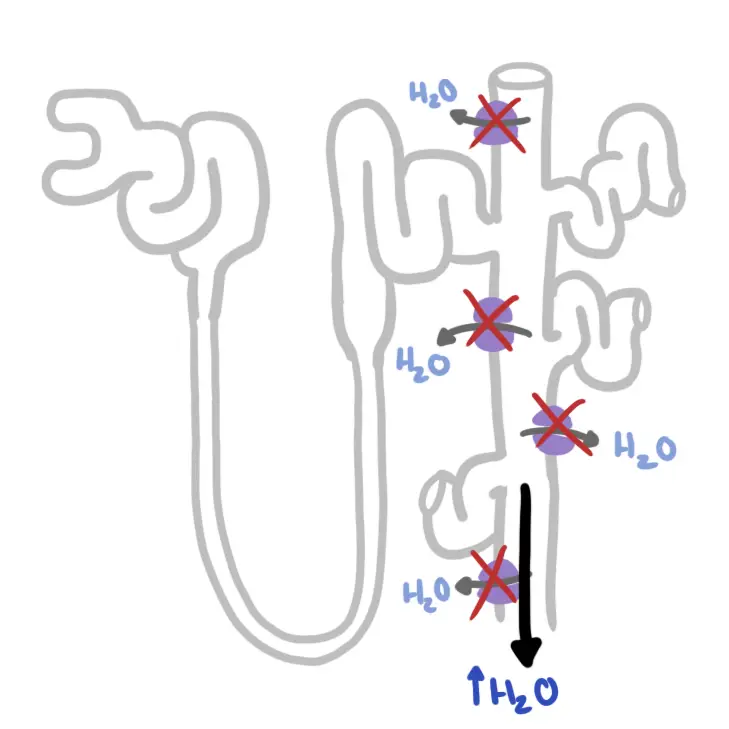75 year old presents to emergency with a 2 day history nausea, vomiting, abdominal pain and diarrhoea. He has not been tolerating oral fluids and is currently confused with a GCS of 14. He has a past medical history of heart failure, atrial fibrillation and chronic kidney injury. He is on digoxin, metoprolol and an ace inhibitor. Clinically he is dehydrated and in slow atrial fibrillation. Blood test shows he has acute kidney injury.
Overview
Overview Digoxin is from a family known as cardiac glycosides. Digoxin is derived from leaves of the purpule foxglove (digitalis pupurea) and inhibits the sodium potassium ATPase pump. Digoxin has positive ionotropic and negative chronotropic effect. Digoxin is used in two main conditions heart failure and tachyarrythmias such as atrial fibrillation. In heart failure the positive ionotrophic effect helps to increase cardiac output. In tachyarrythmias the negative chronotropic effects helps slow the heart rate. Digoxin toxicity has declined, possibly as a result of a decreasing use and a reduced recommended therapeutic range. Cardiac arrhythmias account for most deaths. Digoxin-specific antibody fragments are used when there is a risk of a life-threatening arrhythmia

